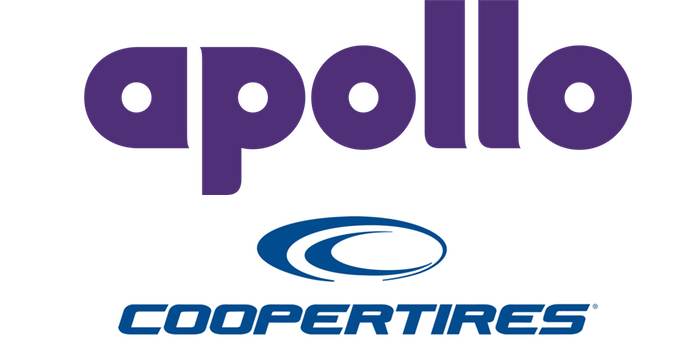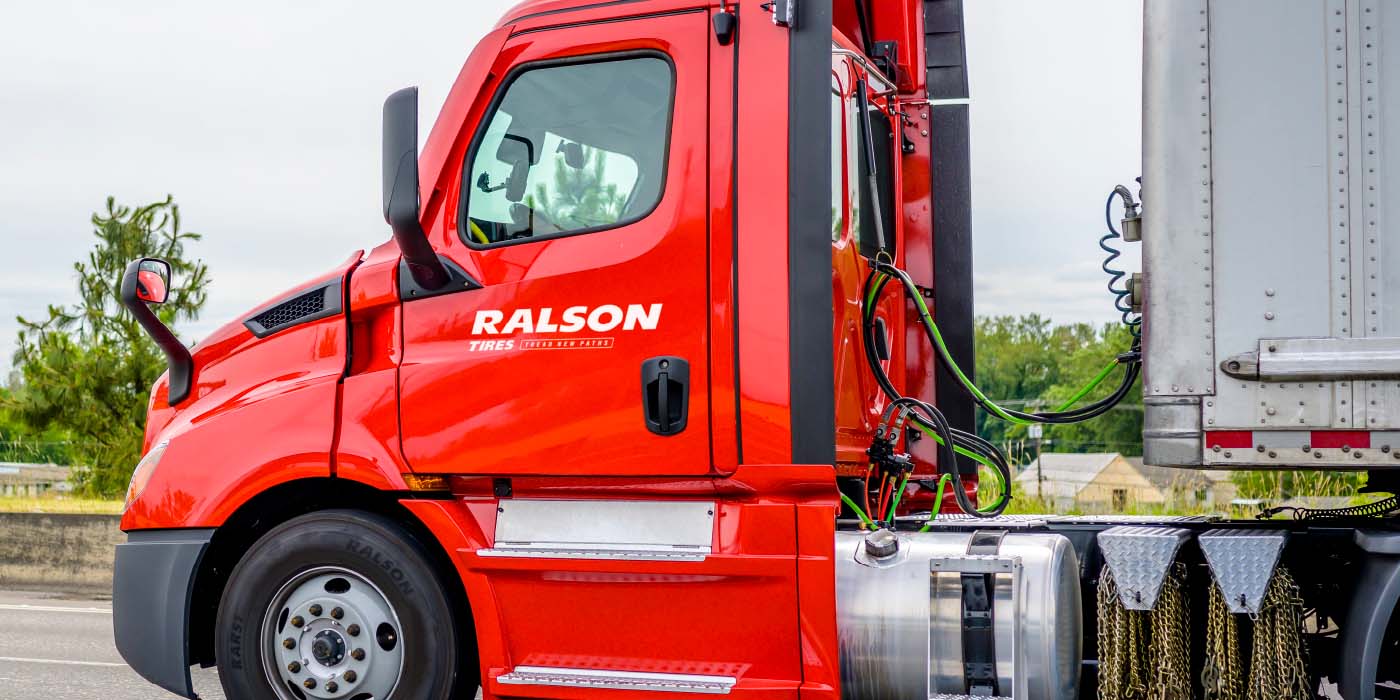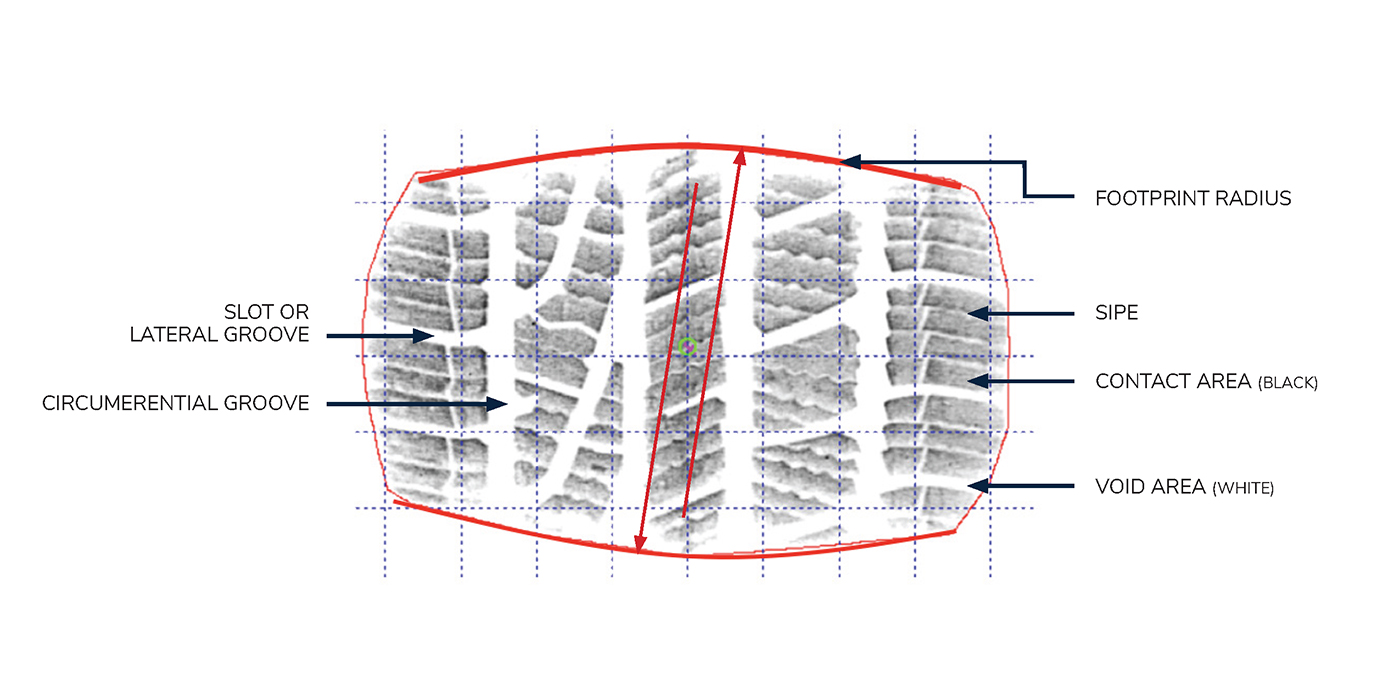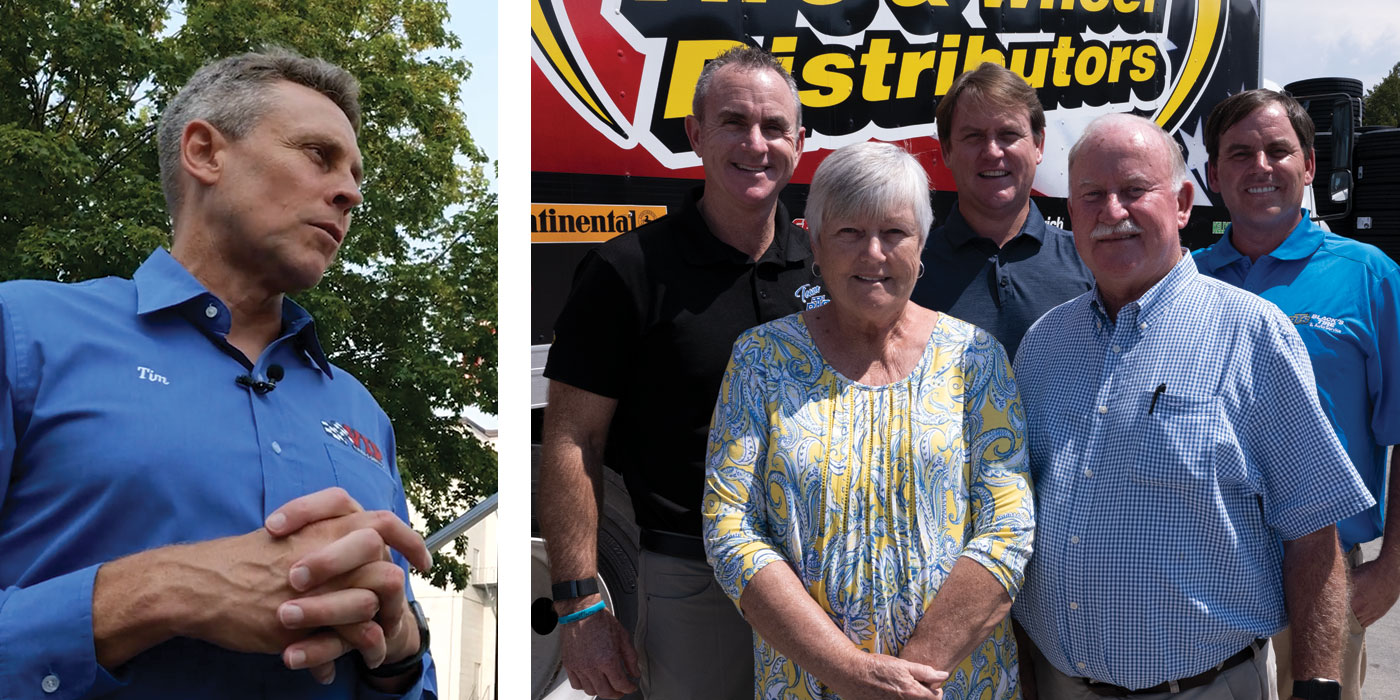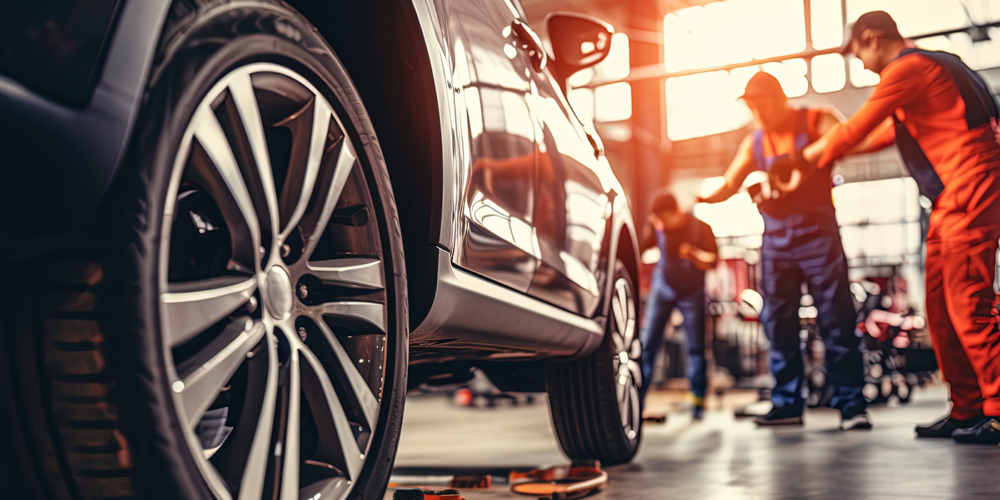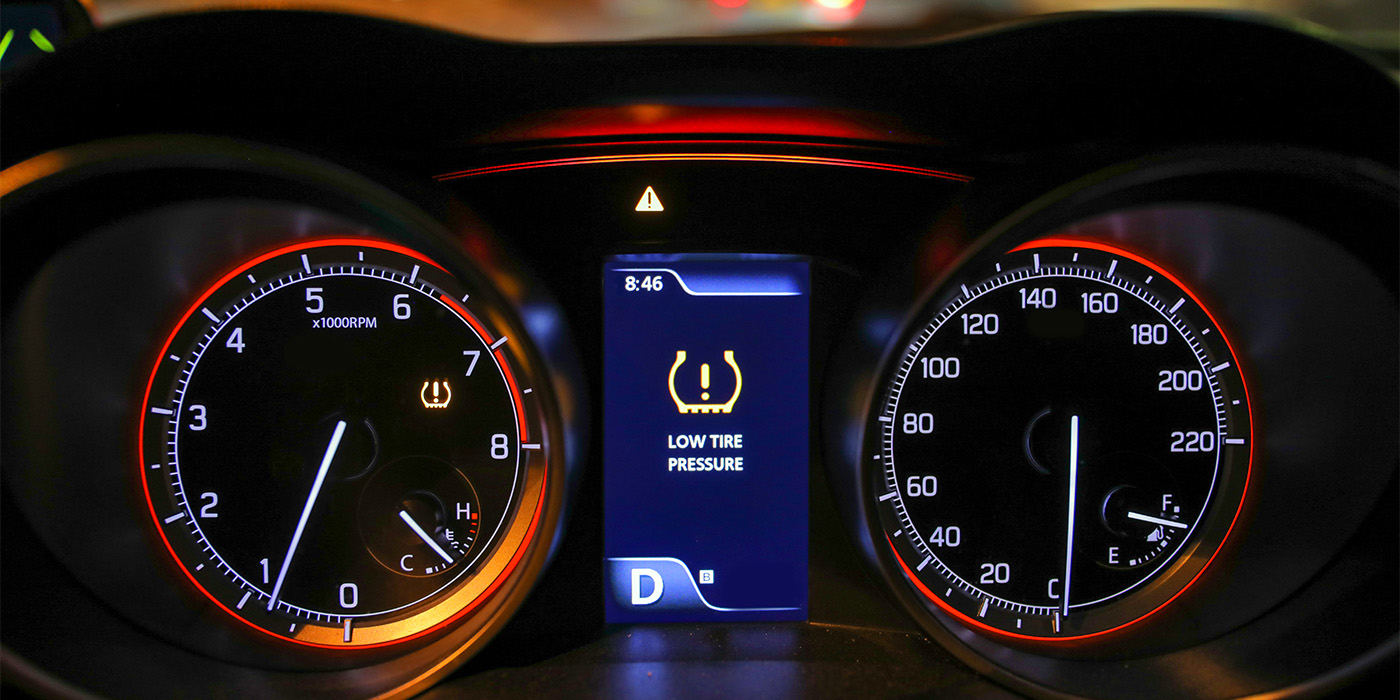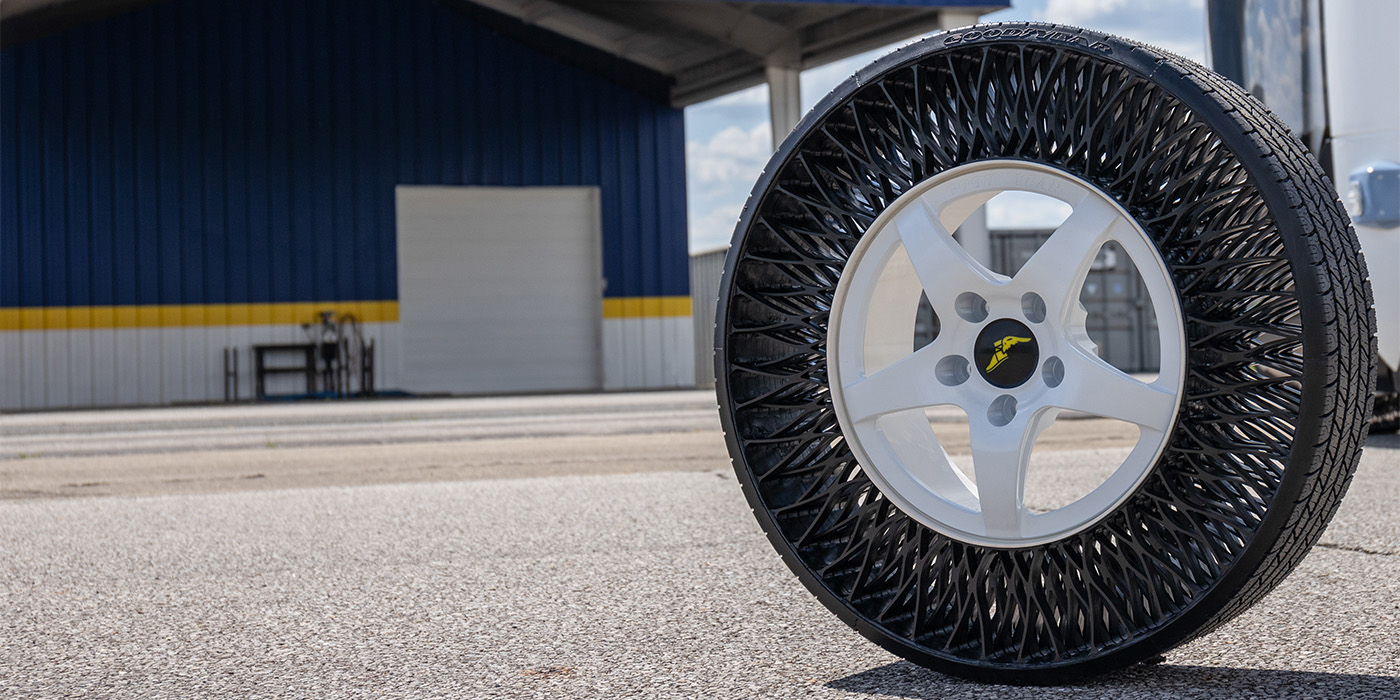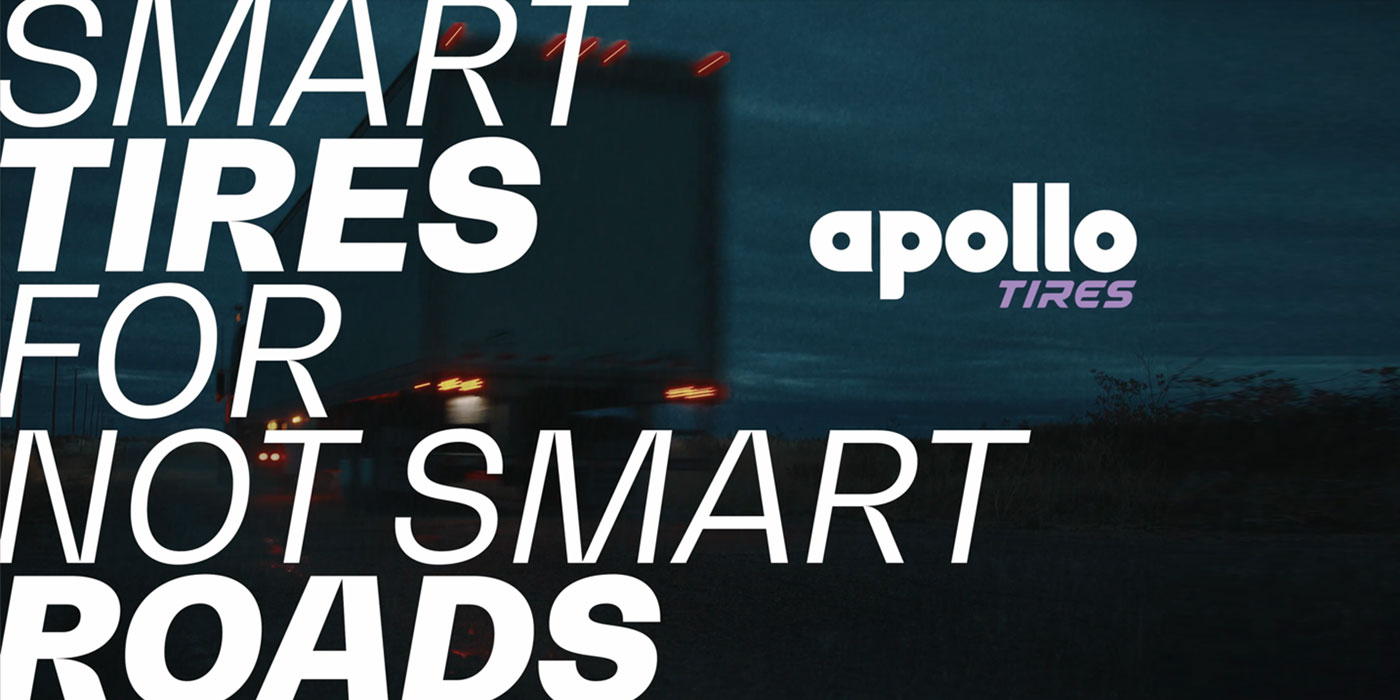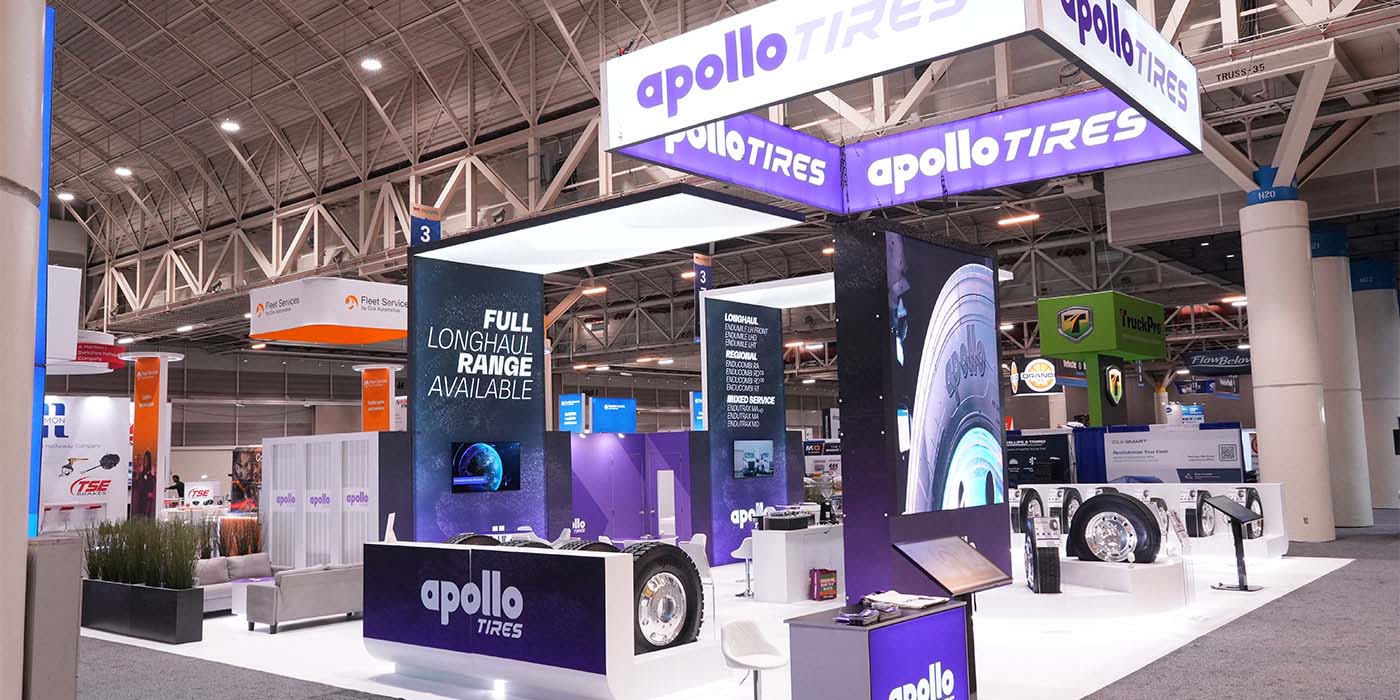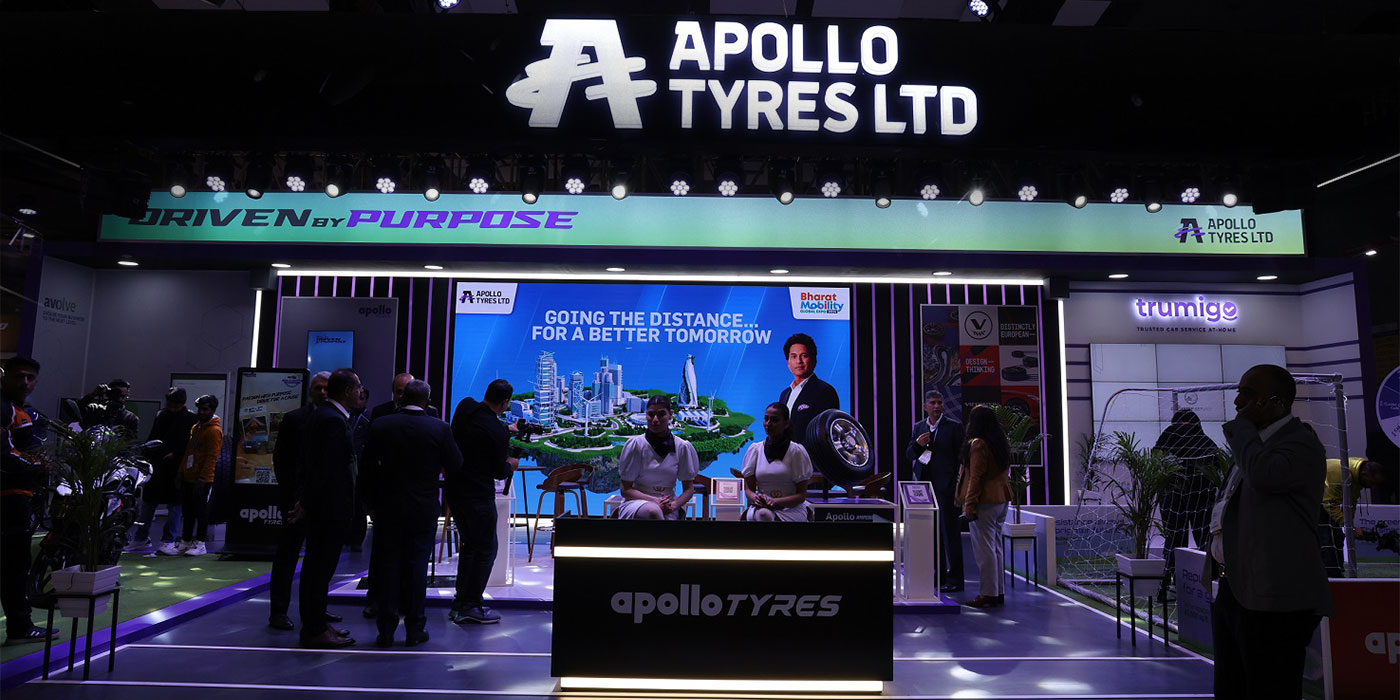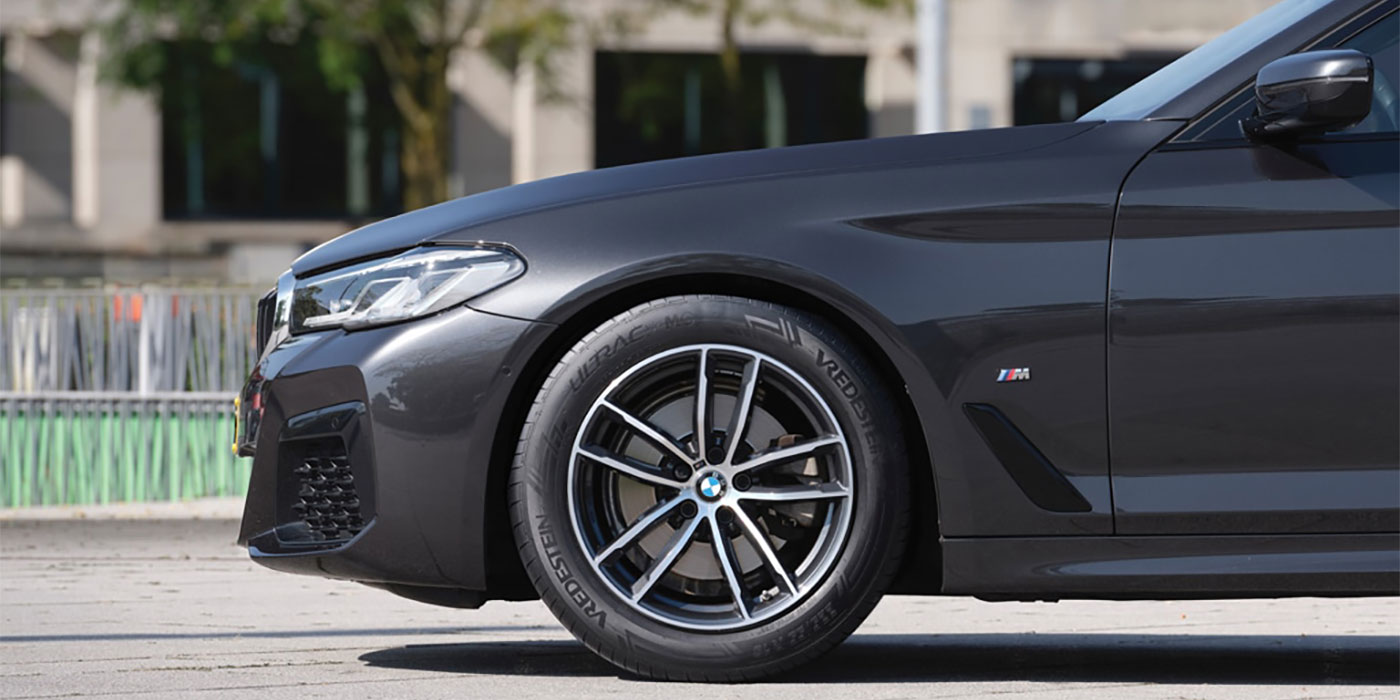 Dec. 31…twenty-eight days from this writing…will be the one-year anniversary of the epic and tragic Cooper-Apollo Break-up. And even as they began the process of unwinding a $2.5 billion arranged marriage, they continued to profess their love publicly (well, sort of) while their respective legal teams rolled up their sleeves and continued the unseen liquidation of a complex pre-nup.
Dec. 31…twenty-eight days from this writing…will be the one-year anniversary of the epic and tragic Cooper-Apollo Break-up. And even as they began the process of unwinding a $2.5 billion arranged marriage, they continued to profess their love publicly (well, sort of) while their respective legal teams rolled up their sleeves and continued the unseen liquidation of a complex pre-nup.
So over the last 337 days, how has the once beaming couple fared individually?
Truth be told, surprisingly good. Very surprisingly.
On Cooper’s side, no one from senior management or the board lost their jobs, shocking more than a few financial analysts I spoke with last December. And even as lengthy battles with mutinous Chinese joint venture partner Chengshan Group contributed mightily to the split and forced Cooper to delay both its third quarter 2013 and full-year 2013 financials, Cooper’s resulting numbers weren’t nearly as bad as many of those same analysts expected.
Cooper took a serious shot, no doubt (and God knows it learned a few lessons about international business in the 21st century), but it kept its feet, outlined the specific go-forward steps it felt it needed to take, and that’s where it placed its entire attention.
Bruised but not bowed, Cooper rebounded with progressively stronger quarter-over-quarter results in 2014, ending the third period with net sales of $920 million, up 11% year-over-year, and a 9.7% YoY improvement in operating profit.
Yes, some of that sales increase came from recovered sales lost in 2013 when its joint venture partner basically ceased producing and shipping Cooper, Mastercraft and Roadmaster tires to the U.S. And, yes, the results could have been stronger.
It lost some face, lost some sales, lost some momentum, but we didn’t lose Cooper.
Earlier this year Cooper decided to shed its relationship with Chengshan Group, and will collect $262 million for its 65% share in the now dissolved Cooper Chengshan (Shandong) Tire Co. joint venture. But that did not end Cooper’s China desires.
During Cooper’s third quarter earnings call, chairman and CEO Roy Armes reiterated China’s importance to the tiremaker, both as a vast market opportunity and as a resource for product needed elsewhere in the world, like the U.S. Even with a three-year off-take agreement in place with Chengshan Group, the Findlay, Ohio, tiremaker will still need a longer-term solution and an alternate source for radial truck/bus tires, which had been produced at the joint venture plant.
“We are also looking for other sources of supply, regardless of the outcome of the ultimate ownership of CCT, which could take a variety of forms, such as an agreement with another Chinese supplier, making an acquisition, adding capacity to our wholly-owned CKT (Cooper Kunshan Tire) plant, buying a facility and running it ourselves, or just building a new plant,” said Armes, adding that Cooper has “the financial wherewithal” to choose any one of these alternatives or a combination of them.
“We are focused on increasing our business in China, because it’s a market that’s growing strongly in both OE and replacement tires, and it’s the largest TBR market in the world,” Armes said. “In fact, China is expected to become the world’s largest overall tire market in the next few years. The most important thing to remember, is that our Asian strategy remains intact, and we intend to have a significant presence in China, and grow our business over time, in both the replacement and OE markets, and we have proven we can be successful in those markets.”
Unchanged since the break-up is Cooper’s exposure in today’s tire world, which it attempted to address through a self-sale to Apollo Tyre. Some observers wonder if there won’t be another suitor on the horizon, or if Cooper, as Armes noted, might become the hunter and make an acquisition.
The jilted bride – Apollo – received far more sympathetic press in the aftermath, particularly in its homeland. It didn’t hurt that Apollo leadership, most notably vice chairman and managing director Neeraj Kanwar, made a few strong forward-looking statements in January 2013, and then went silent, deflecting any questions of the past with a determined eye to the future.
That steel resolve helped keep Apollo’s share price from deflating, and deflect any consideration that it is not up to task of competing in the global economy.
Certainly Apollo is loaded for a run at another acquisition target; Apollo recognizes that to be a strong Top 10 player it needs a stronger global footprint, and growing that organically will take entirely too long to satisfy stakeholders. Getting into the Americas and Asia will take a bit more than a first-class airline ticket.
Financially, Apollo was not held responsible for the $125 million so-called “breakup fee” called for in its purchase agreement for Cooper, Delaware Chancery Court Judge Sam Glasscock III ruled. And even as its share price dropped 38% between June and December 2013 as investors criticized the Cooper deal with their wallets, the stock more than rebounded in the aftermath; Apollo’s share price rose 11% in October 2014.
Why such a fast rebound? “Its ability to think and act quickly, decisively and sometimes unconventionally in an industry that is not perhaps well known for that has helped Apollo,” according to Michael Ward of RBS Corporate and Institutional Banking. Even as it Kanwar said Apollo was considering other acquisition targets, the company undertook heavy investment in expanding existing plants (in Chennai and Kerala, India) and setting aside $611 million to build a radial passenger/light truck and medium truck tire plant in Gyongyoshalasz, Hungary. That 6.2 million tire per annum plant will be on-stream in 2020.
“We were not going to stop because the inorganic expansion didn’t materialize,” Kanwar said, “and we had to reach our vision, so immediately focused our attention to Plan B for organic growth. This doesn’t mean we have closed to inorganic expansion; we are still open to it and will look at any new opportunity.”
The proof of the pudding is in the eating, and Kanwar’s laser focus for the company brought positive results quickly. Second quarter 2015 (ending Sept. 31, 2014) net profit was up 18% YoY, and first half net profit rose 26% YoY. Fiscal 2015 sales are poised to at least stay level with FY14 results.
No one knows exactly where this story takes us in the future. Both parties remain open to M&A activity, though it seems Apollo does not wish to be the prey and Cooper is open to any logical scenario.
For now, the first few chapters have been published, and no one is worse for the wear. Going forward, with hard lessons learned on both sides, I would expect them to seek partners.
Growth – organic or inorganic – means stability for the long term, and both want to be significant players in the future. But the wrong partner, as has been clearly illustrated, can have disastrous consequences.

